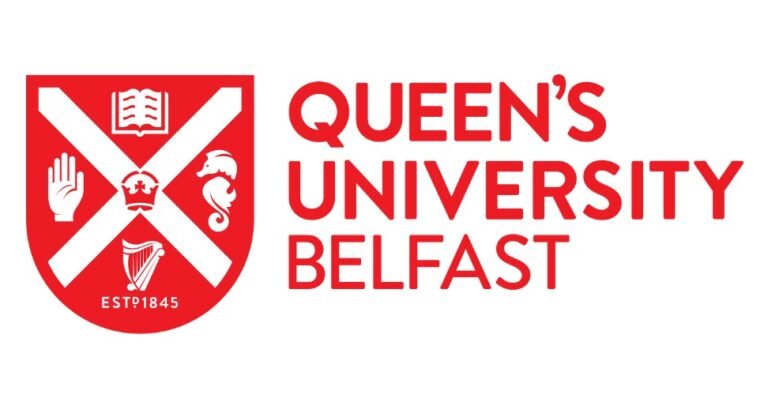Overview
This 3-year PhD will assess the distribution, range, abundance and ecological impacts of non-native small mammals in Northern Ireland focusing on the bank vole, field vole and potentially greater white-toothed shrew.
Ireland has a biogeographically unique community of flora and fauna shaped by its geological and human history. Like most islands it is also highly vulnerable to invasion by non-native species, frequently brought deliberately or accidently by people, which have disproportionate negative impacts on native species. Ireland has been invaded by four non-native small mammals: 1) the bank vole, 2) greater white-toothed shrew, 3) hazel dormouse and 4) field vole. These impact native fauna causing wood mouse population declines, pygmy shrew extirpation, changes in bird of prey productivity and a dramatic collapse of invertebrate biomass with probable trophic cascades likely affecting the wider ecosystem. The bank vole was first recorded in Northern Ireland at Crumlin near the Lough Neagh ASSI (Area of Special Scientific Interest) in 2020 and the field vole in Slievenacloy ASSI in 2023, and Slieveanorra and Croaghan ASSI in 2021; all designated for their biodiversity. The vector for these introductions is currently unknown. There is also reason to speculate that the greater white-toothed shrew may be present in Counties Fermanagh and Antrim, though this remains to be confirmed.
This project’s objectives include: 1) determining the current distribution, range and spread of non-native small mammals throughout Northern Ireland, 2) defining their ecology in terms of habitat use, environmental associations and diet and 3) quantifying their likely ecological impact.
The project is supported by local NGO, Ulster Wildlife (UW), whose research priorities are understanding the conservation needs of Northern Ireland priority species. Part of this project will focus on Slievenacloy Nature Reserve, owned and managed by UW, and the Crumlin area in which UW supports a barn owl recovery programme (where bank voles are owl prey). Further the project will engage with UW’s member and volunteer network in quality assured Citizen Science to collect relevant data to assist the wider understanding of the contemporary drivers of biodiversity loss.
This project relates directly to the Northern Ireland Environment Agency’s (NIEA’s) statutory responsibility to prevent, minimise and mitigate adverse impacts of non-native species under the EU Invasive Species Directive (Regulation EU1143/2014); adopted into local UK law post-Brexit. Moreover, NIEA reports on the status of native wildlife and habitats within designated sites under Article 17 of the EU Habitats and Species Directive (EU92/43/EEC), now locally Habitat Regulations Reporting. This research will support the UK’s biodiversity targets, including those related to the post-2020 Global Biodiversity Framework, which aims to halt species declines and protect vulnerable ecosystems whilst addressing the UN Sustainable Development Goal 15 (Life on Land), by contributing to biodiversity conservation.
Funding Information
Any offer made to the successful candidate will be subject to a signed contract (executed Studentship Agreement) between Queen’s University Belfast and the partner being in place.
Open to EU, UK, ROI and NI students only.
Entrance requirements
Graduate
The minimum academic requirement for admission to a research degree programme is normally an Upper Second Class Honours degree in a relevant subject from a UK or ROI HE provider, or an equivalent qualification acceptable to the University. Further information can be obtained by contacting the School.
International Students
For information on international qualification equivalents, please check the specific information for your country.
English Language Requirements
Evidence of an IELTS* score of 6.5, with not less than 5.5 in any component, or an equivalent qualification acceptable to the University is required (*taken within the last 2 years).
International students wishing to apply to Queen’s University Belfast (and for whom English is not their first language), must be able to demonstrate their proficiency in English in order to benefit fully from their course of study or research. Non-EEA nationals must also satisfy UK Visas and Immigration (UKVI) immigration requirements for English language for visa purposes.
For more information on English Language requirements for EEA and non-EEA nationals see: www.qub.ac.uk/EnglishLanguageReqs.
If you need to improve your English language skills before you enter this degree programme, INTO Queen’s University Belfast offers a range of English language courses. These intensive and flexible courses are designed to improve your English ability for admission to this degree.
How to Apply
Apply using our online Postgraduate Applications Portal and follow the step-by-step instructions on how to apply.
Find a supervisor
If you’re interested in a particular project, we suggest you contact the relevant academic before you apply, to introduce yourself and ask questions.
To find a potential supervisor aligned with your area of interest, or if you are unsure of who to contact, look through the staff profiles linked here.
You might be asked to provide a short outline of your proposal to help us identify potential supervisors.



